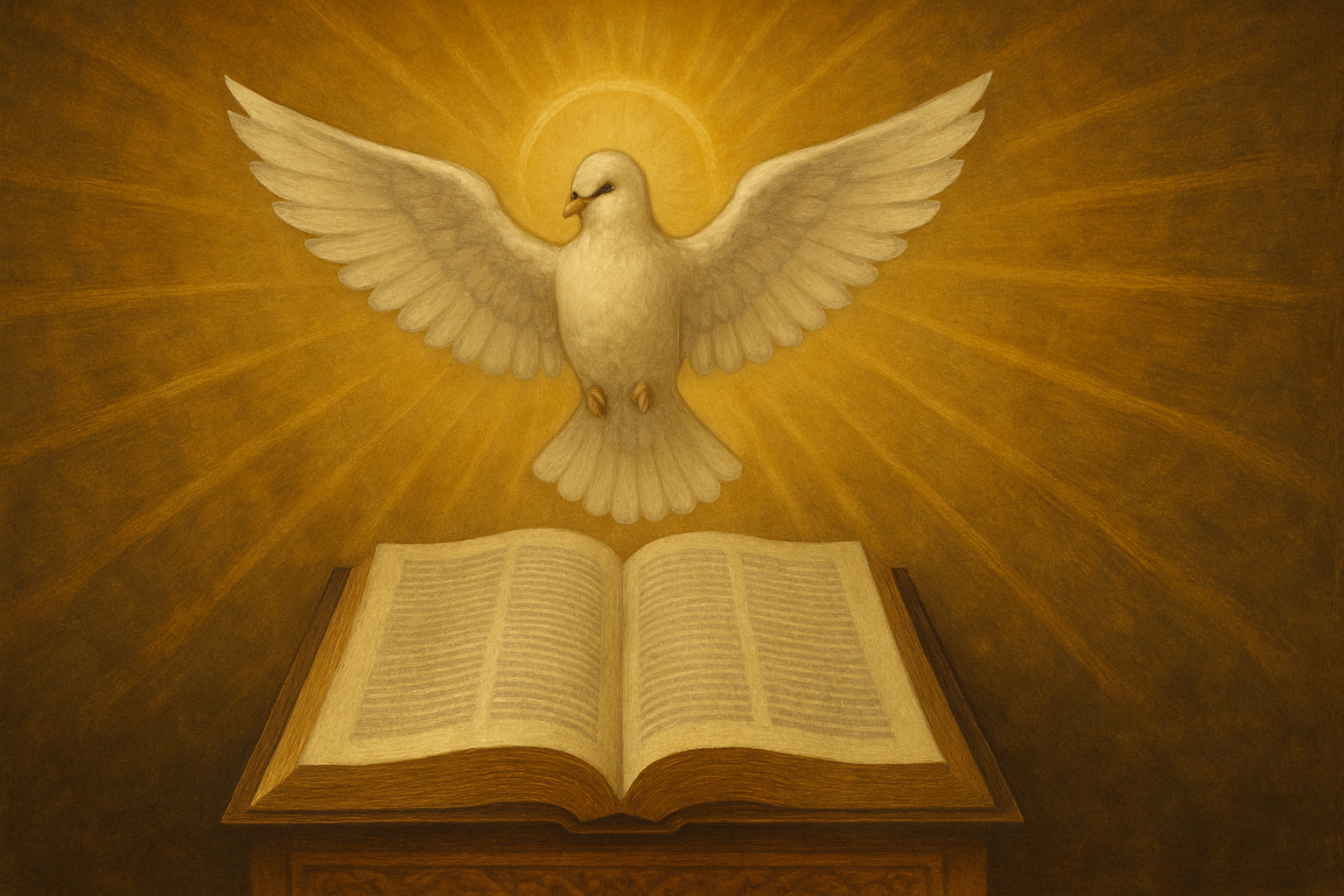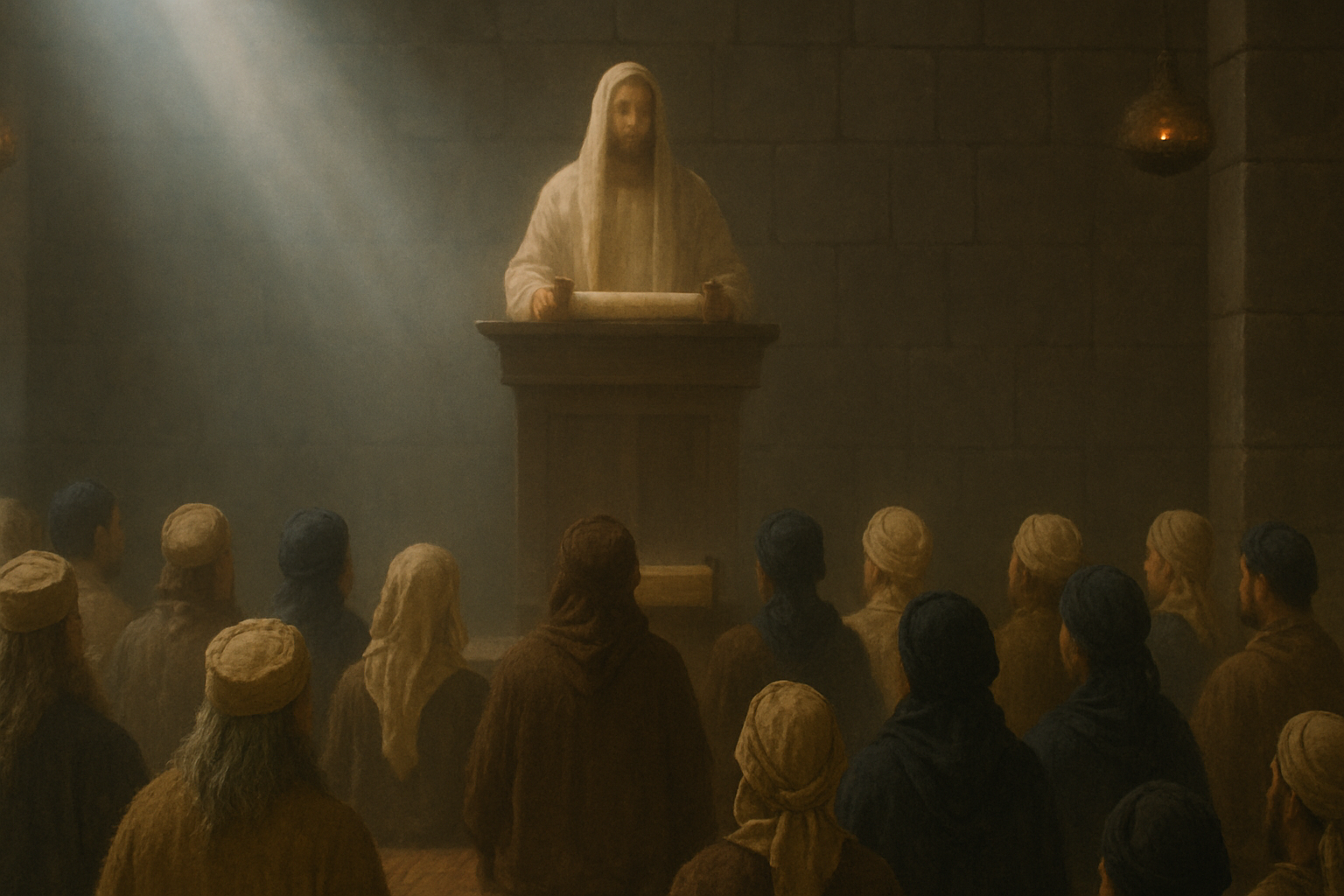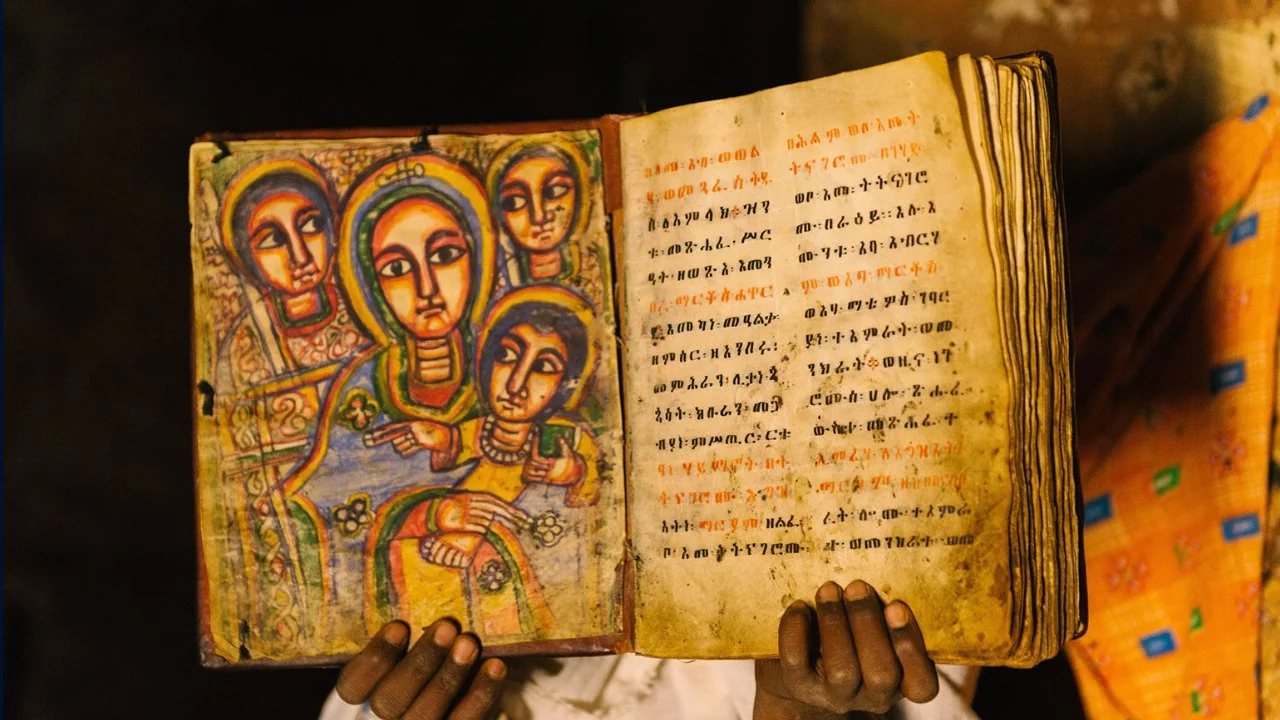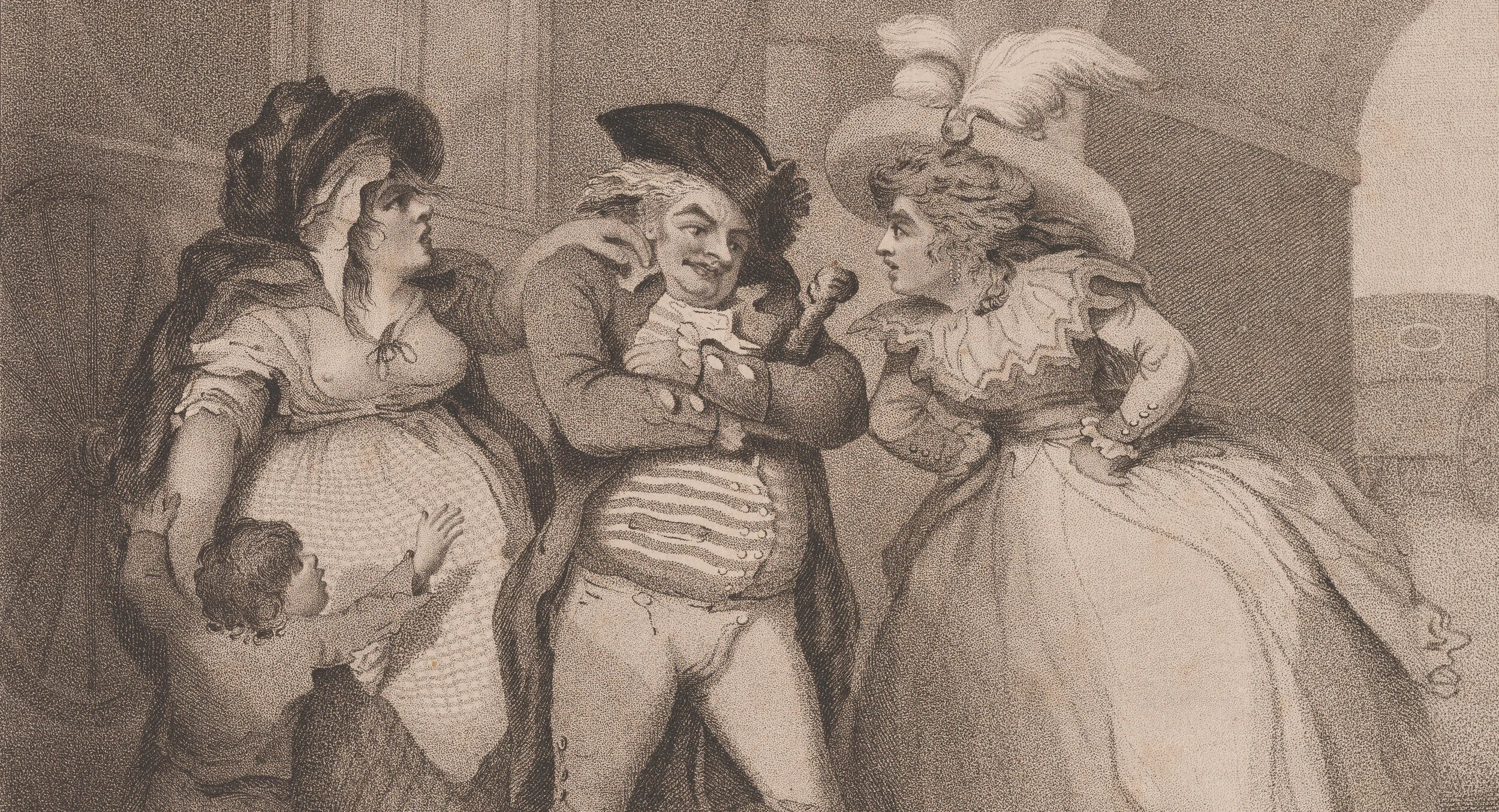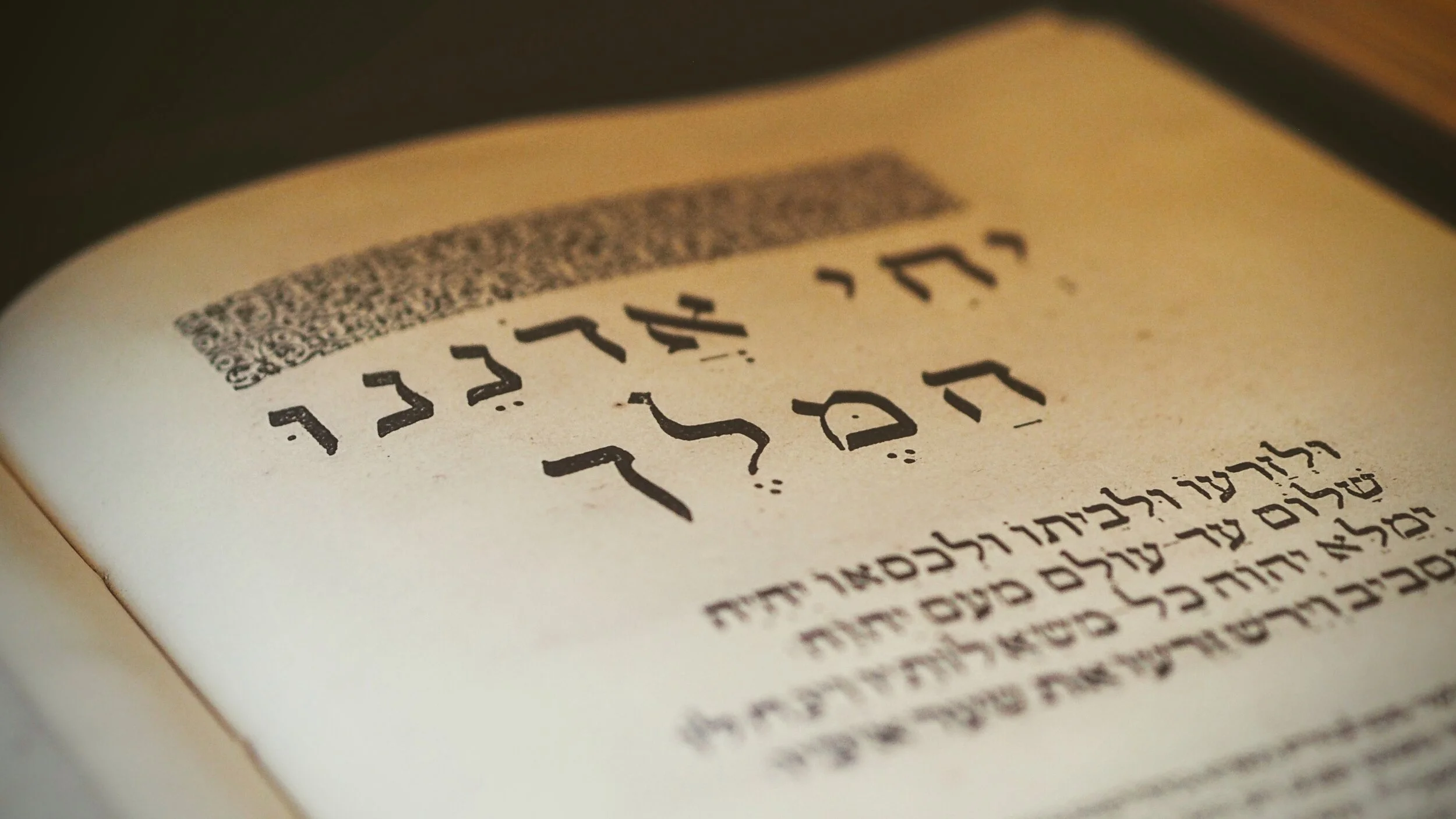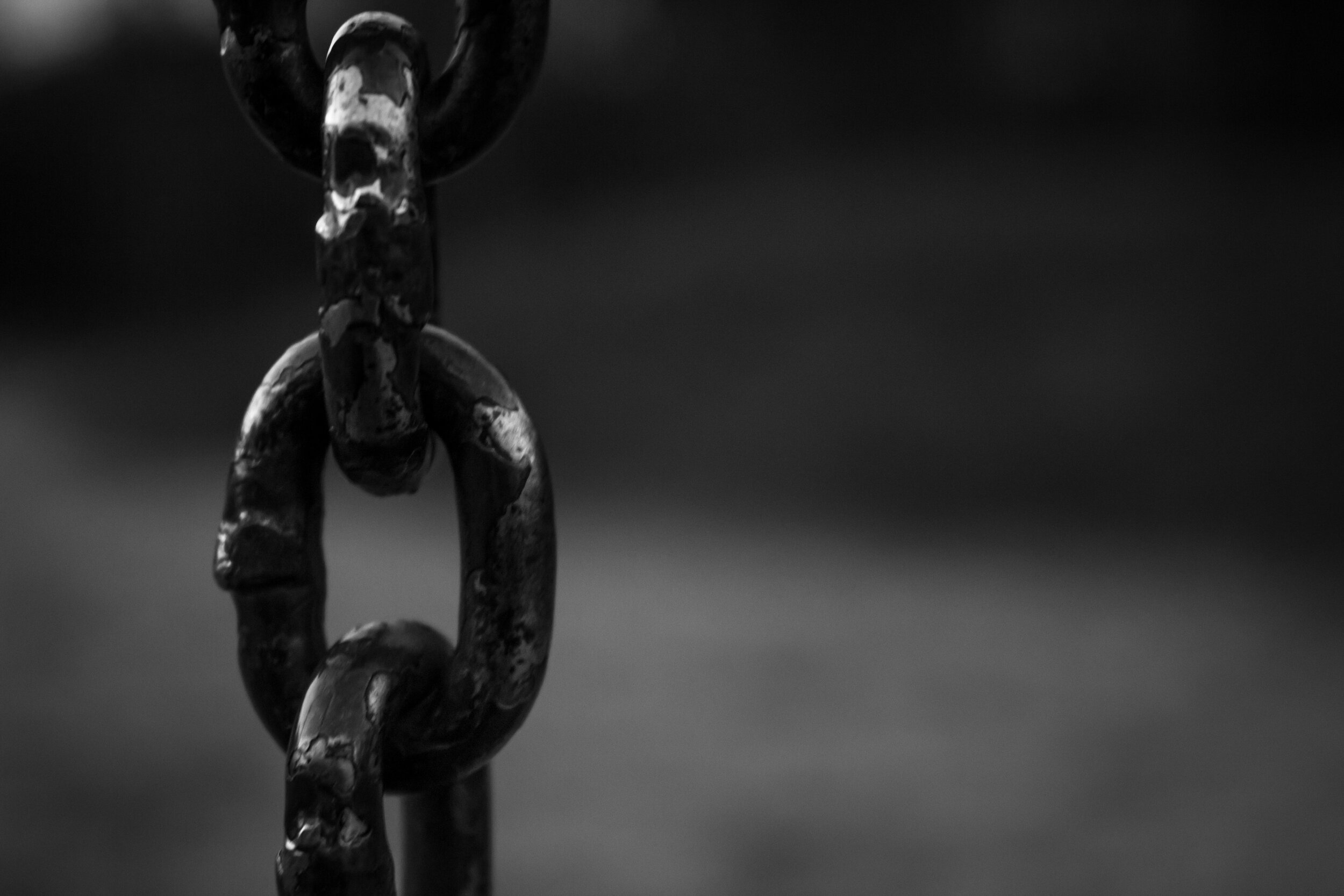Author: David Wilber
Ellen Page, actress and LGBT activist, recently accused Chris Pratt, actor and professing Christian, of belonging to a church that “hates” those who identify as part of the LGBT community. Pratt, of course, who’s literally known as “the nicest guy in Hollywood,” was quick to address that accusation by stating that he doesn’t hate anyone. Pratt’s church also issued a statement to clarify that they, too, don’t hate anyone.
Neither Pratt nor his church seems to have an intense dislike or ill will (the definition of “hatred”) toward the LGBT community. In fact, the Bible itself clearly teaches against hating and mistreating people, even those we consider our enemies (Matthew 5:43-48). So misunderstanding resolved, right? Well, no, not really.
For people like Page, “hate” has a different meaning than its actual definition. Page, and many people in our modern secular culture, define “hate” to include merely disagreeing with the LGBT lifestyle. Thus, it’s common for LGBT activists to accuse Bible-believing Christians of “hating” those in the LGBT community.
Using the “hate” rhetoric is an effective way to shut down debate since everyone agrees that it’s wrong to hate a group of people. Using this rhetoric is an easy way to marginalize those with whom LGBT activists disagree—namely, those who affirm Christianity’s sexual ethic. After all, why would we entertain the views and opinions of a hateful bigot? More than being intellectually dishonest, though, this rhetoric is also self-defeating. Let me explain.
If disagreeing with someone’s lifestyle means that you “hate” him or her, then Ellen Page hates faithful Christians, Jews, and Muslims. Why? Because they affirm the Bible’s sexual ethic and choose to live in accordance with those teachings. Thus, since Ellen Page disagrees and openly speaks out against those who affirm such teachings, she is an anti-religious, hateful bigot!
In reality, where words mean what they actually mean, I can’t say that Ellen Page is a hateful bigot. I don’t know her. But I can say that her dishonest rhetoric does a disservice to our discourse on these important issues. Since LGBT activists insist on using intellectually dishonest rhetoric and obfuscating this important issue, there is a need to offer clarification on where Christians are coming from.
So to be clear, no, Christians do not hate the LGBT community. If people who claim to be Christians hate those who identify as part of the LGBT community, by definition, they are not Christians. The Messiah explicitly calls us to love our neighbor, whether they are straight, gay, bi, trans, whatever.
Despite all the polarization and division in our culture, Christianity teaches that all of us—gay or straight—are not really that different. All mankind is inherently valuable and worthy of dignity as human creatures made in the image of God (Genesis 1:27). We’re also all sinners. We all fall short of God’s glory. And yet, God so loved the world (that includes LGBT folks) that He sent His only Son who died for us so that we can be reconciled to God and have new life. That new life means trusting that God’s ways are best, turning from our sins, and following Him.
Trusting God and following His ways includes not engaging in homosexual acts. God’s Word also affirms that male and female are distinct, that gender is grounded in biology, and that one gender can’t “transition” into the other. Because we believe that God knows better than us and wants the best for us, we trust Him with regard to these issues.
Now, we live in a world where not everyone affirms these biblical teachings. A lot of people reject the Bible and choose to live a life contrary to its teachings regarding sex and gender. But just because a Bible-believing Christian disagrees with such a person’s lifestyle does not mean they hate that person. In fact, as Pratt’s church puts it: “Believing the teachings of the Bible and loving all people—including those who have different perspectives—are not mutually exclusive. In fact this is the very definition of tolerance and inclusiveness.”
As a Christian, I believe that any sexual act outside of marriage is a sin, not just homosexual acts. I have unmarried heterosexual friends whom I believe to be in a sinful relationship since they engage in premarital sexual acts. I certainly don’t hate my friends who engage in that lifestyle. (I go so far as to believe we should be following the biblical teachings regarding the Sabbath and dietary restrictions, which means I disagree with even most of my other Christian friends! I obviously don’t hate my Christian friends who differ with me on those topics.)
Perhaps what’s most ironic about the dishonest rhetoric of LGBT activists is that Christians don’t oppose their lifestyle out of hate but out of love. We believe that the LGBT lifestyle is ultimately harmful and destructive—the same as any act outside of the will of God—and we yearn to see our LGBT friends experience wholeness and blessing in this life, which comes only through a relationship with the Messiah. And that relationship, of course, entails keeping the commandments (John 14:15). God’s commandments aren’t arbitrary rules because He enjoys watching us jump through religious hoops; they are instructions from a loving Father, which result in blessing and shalom.
Christians understand that we cannot force anyone to believe in God or adhere to His instructions regarding sex and gender, and we wouldn’t want to. But we will never stop proclaiming the gospel. We will never stop telling the world of the Messiah who loves them and who died for them and who is the only true source of fulfillment in this life and the next. We will never stop loving people enough to tell them the truth, even when activists wrongly define that love as hate.
So if you identify as LGBT, let me state unequivocally for the record that I love you. And love seeks what’s best for another—that’s why I say to repent and believe the gospel. Knowing God is the only way to truly have life, hope, joy, and shalom.
About David Wilber
David is first and foremost a passionate follower of Yeshua the Messiah. He is also a writer, speaker, and teacher.
David’s heart is to minister to God’s people by helping them rediscover the validity and blessing of God’s Torah and help prepare them to give an answer to anyone who asks about the hope within them (1 Peter 3:15)…




